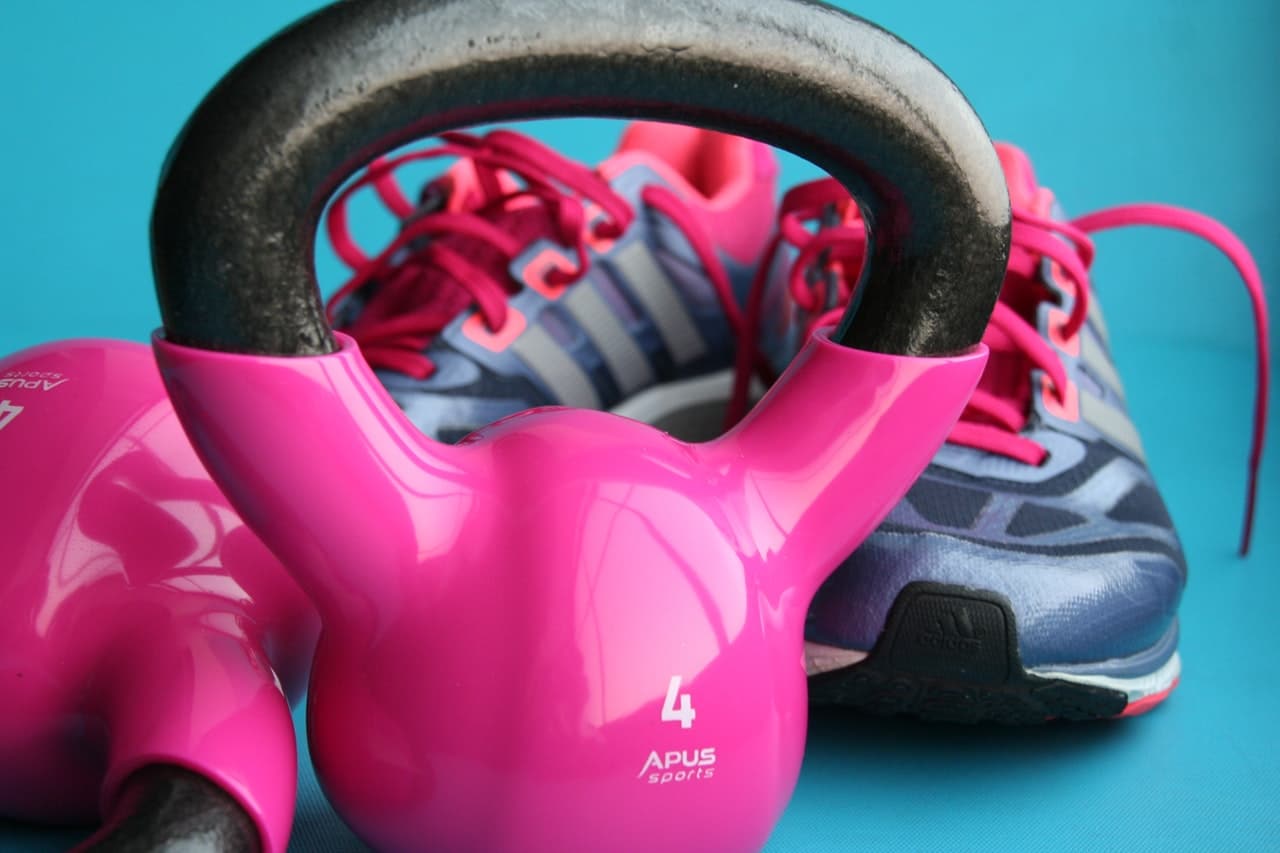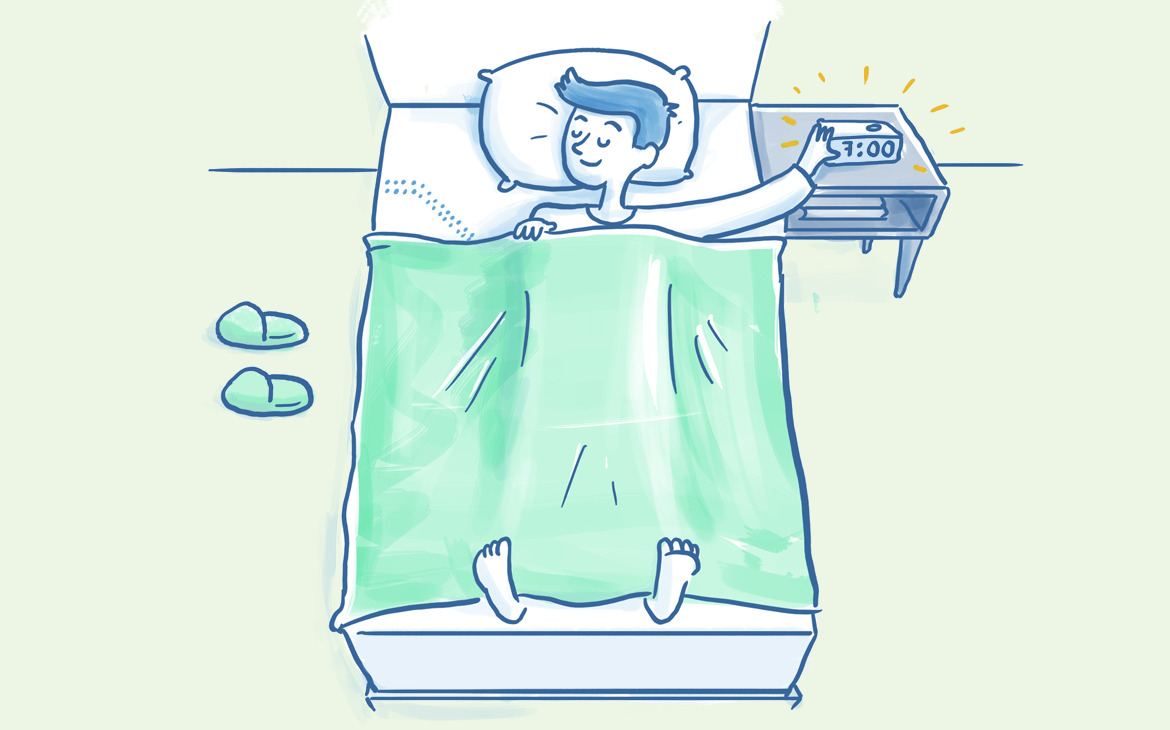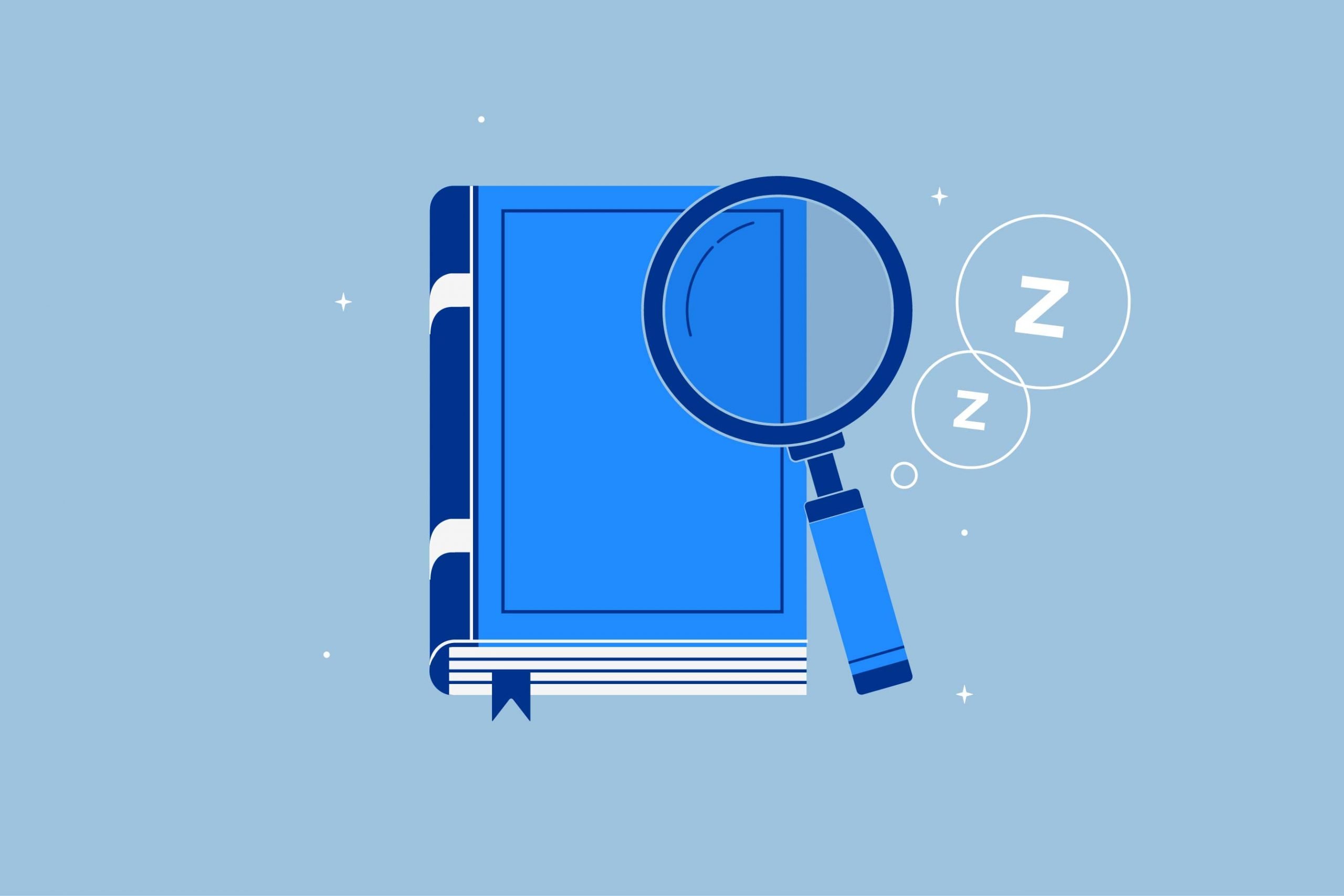Let’s face it: Not everyone is a natural-born early bird or early morning person.
If you’re the kind of person who’s still got energy to burn at 1:00 A.M. and you always hit the snooze button at least three times before finally forcing yourself out of bed, the idea of becoming one of those early to bed, early to rise folks might seem pretty unrealistic.
But it might be worth it: Findings show Verified Source American Psychological Association (APA) Collaborative organization for psychologists across the country. View source that morning people tend to be happier and more agreeable than night owls. They’re also more proactive Verified Source Wiley Multinational publishing company specializing in academic and instructional materials. View source and less likely to procrastinate Verified Source National Library of Medicine (NIH) World’s largest medical library, making biomedical data and information more accessible. View source In other words? Swapping your late nights for early mornings just might help you feel less stressed—and get more done—at the same time.
How to Find Your Inner Morning Person
It’s actually more doable than you think. Even if you’re a die-hard night owl, it really is possible to make your mornings more bearable—and maybe even pleasant. Here’s how.
Get up. Now!
Chances are, even if you tend to stay up late, you still have to get up early for work. So when that alarm goes off, resolve to not hit the snooze button. Instead, just jump out of bed.
Sure, it’ll be hard at first. But skipping the snooze button can actually help you feel less groggy. Just as important? Giving yourself more time in the morning equals less rushing around, which equals less stress and a better mood.
Skipping the snooze button can actually help you feel less groggy.
In short, skipping the snooze button might actually leave you feeling calmer and less harried. Which, in itself, might turn out to be a powerful motivator to keep getting up early.
Power up with exercise.

If you have trouble just dragging yourself out of bed, the thought of immediately lacing up your sneakers might seem like too much to handle.
But you might want to try it anyway. Exposure to light first thing in the morning can help you feel awake instead of exhausted. And the endorphins your body produces during your sweat session will leave you feeling happier and more alert. Plus, working out in the morning can help you fall asleep easier at night.
Treat yourself to something fun.
Now that you have some time in the morning, think about what you can build into your routine that would feel rewarding. You know, something that would almost make you want to jump out of bed in the A.M.
Maybe it’s a super delicious breakfast. Or some free time to listen to your favorite podcast while you get ready. Or even some amazing essential oils that you only let yourself use during your morning shower. Whatever it is, having that little extra boost will make your morning person transition feel more like fun, and less like torture.
Skip the daytime sleep wreckers.
If you usually tend to have trouble falling asleep at night, take a look at what you’re doing during the day. Chances are, making a few simple changes to your routine will make it easier to nod off at night.
If you usually tend to have trouble falling asleep at night, take a look at what you’re doing during the day.
First, make an effort to expose yourself to sunlight throughout the day—which can help your body produce more sleep-promoting melatonin at night. (Lunchtime walk, anyone?) Cut out the coffee or energy drinks by mid-afternoon, so any caffeine has enough time to leave your system before you hit the hay.
And if you need to take a nap to recharge, do it before 3PM and keep it short. A ten- or twenty-minute snooze can help you reenergize. A longer one can leave you foggy and make it harder to fall asleep in the evening.
Keep your nights calm, not jam-packed.
Because the less you have to do at night, the less pressure you’ll feel to stay up until the wee hours.
Of course, it’s fine to meet up with your friends, or go to a nighttime fitness class, or get some work done, or catch up on your shows. But instead of trying to do all of those things in one evening, pick just one or two. Having less on your plate will help you feel less stressed, so you’re in a relaxed, chill state of mind when bedtime rolls around.
Pick a bedtime—and follow through.
You’ve probably heard this before, but it’s worth repeating: If you want to not feel like a zombie when you wake up in the morning, you’ve gotta get enough sleep at night.
For most of us, that’s 7 to 8 hours’ worth. So if you’re planning to get up at 6:30, make it a point to be in bed by 10:30 or 11:00. And then? Stick with it! At first, turning in so early might feel a little weird.
But soon, you’ll start to get used to it. And once you start reaping the benefits of being a morning person, chances are, you’ll want to stick with your new routine.
About the author
Marygrace Taylor is an award-winning health writer for Amerisleep. Her commitment to sleep health is evident in her ability to consistently prioritize eight hours of sleep each night. Her in-depth interviews with industry experts, such as Ken Ceder on "Why Light is Essential for Great Sleep and Optimum Health," highlight her dedication to delivering valuable insights. Marygrace's work has been featured in reputable publications like Business Insider, Glamour, Refinery29, Metro UK, and Hunker, further solidifying her expertise in the field.
View all posts





